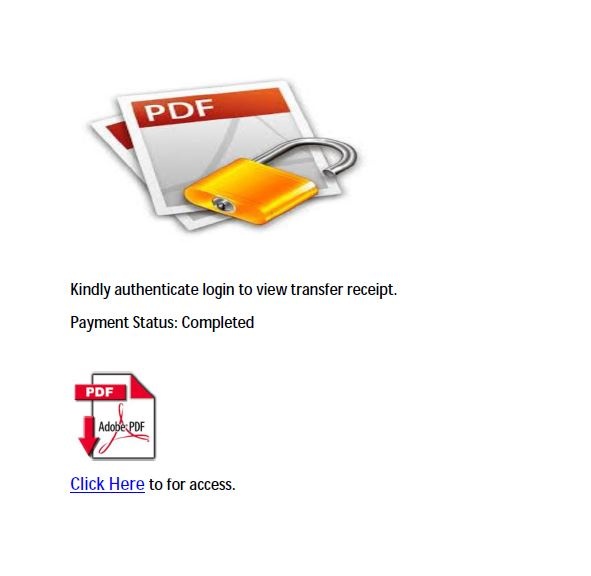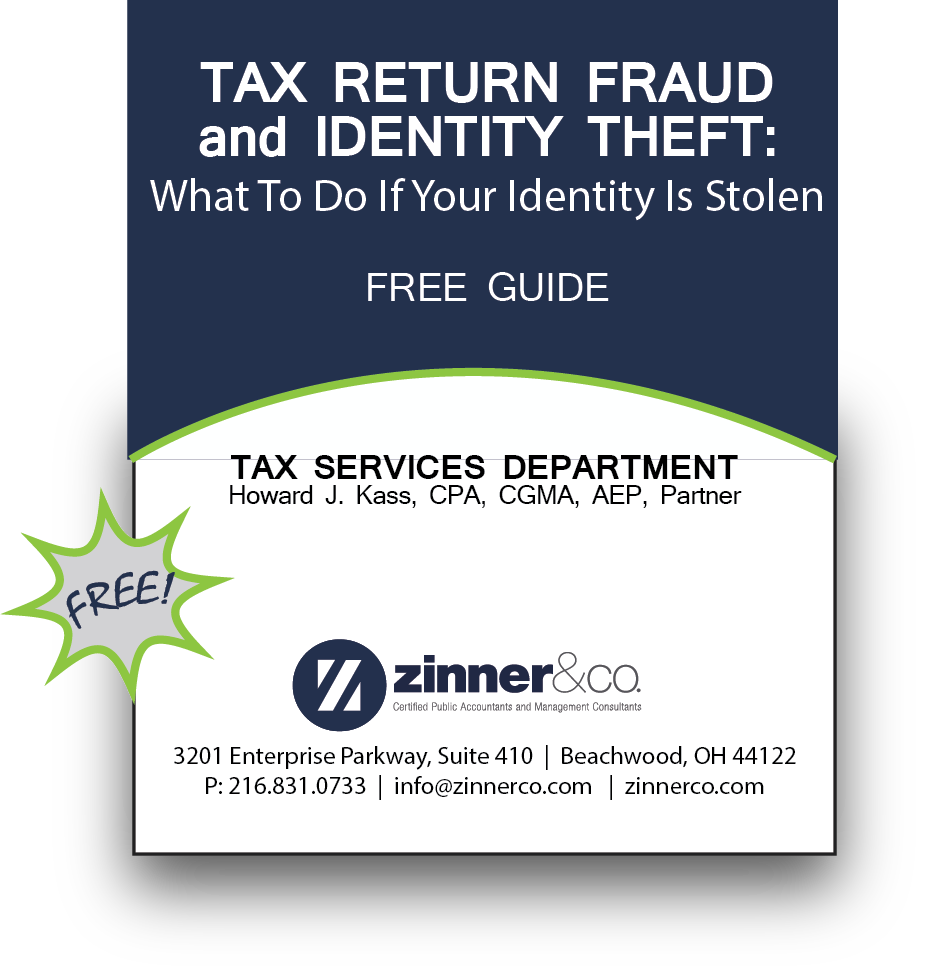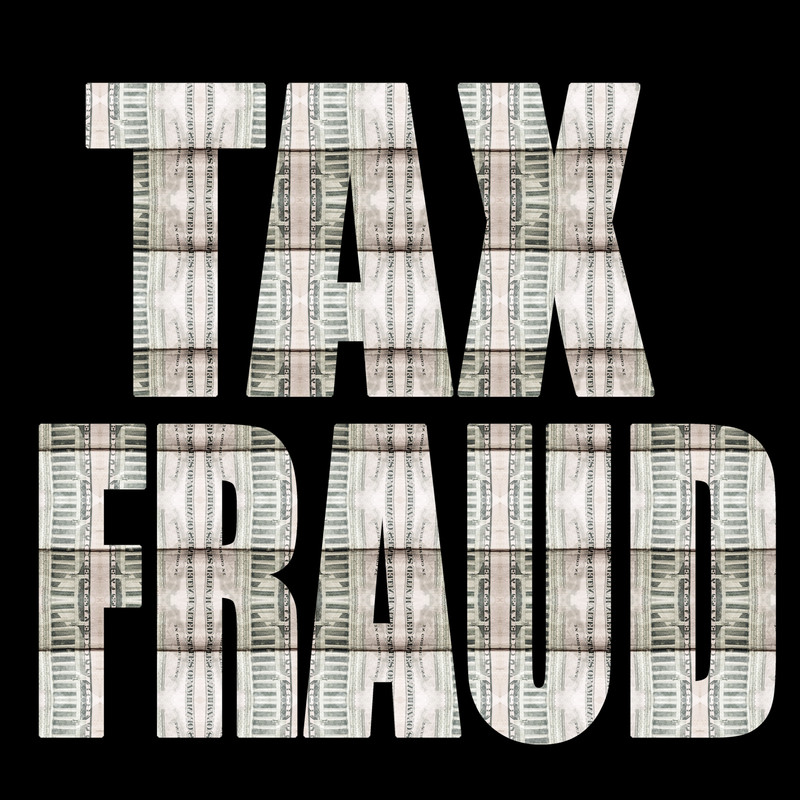H.R. 3832, Stolen Identity Refund Fraud Prevention Act of 2016, would establish a centralized point of contact at IRS for ID theft victims; improve taxpayer notification of suspected identity theft; require the Internal Revenue Service to submit a study on the feasibility of establishing a program for victims of identity theft-related tax fraud to opt out of electronic filing; and establish an Information Sharing and Analysis Center to collect, analyze, and share actionable data and information to detect and prevent identity theft. Two core components of the bill were enacted last December and the rest were passed Monday.
The bill was sponsored by Rep. Jim Renacci, R-Ohio, and John Lewis, D-Ga., the ranking Democrat on the House Ways and Means Oversight Subcommittee. Renacci is a CPA who also fell victim to identity theft.
Free e-book: Tax Return Fraud and Identity Theft: What to do if Your Identity is Stolen
“Today, the House passed my bipartisan bill to protect hardworking American taxpayers,” Renacci said in a statement Monday. “Tax-related identity theft is an evolving criminal activity that can happen to anyone. In fact, last tax season my identity was stolen and used to file a fraudulent tax return.”
The Ways and Means Committee passed the bill late last month (see House Committee Passes IRS Legislation on Identity Theft, Missing Children and Tax-Exempt Donors).
“We must do all we can to fight identity theft, return theft, fraud and scams,” said Lewis. “In the last few years, the Taxpayer Advocate staff assisting my constituents in Atlanta, and the caseworkers working in my District Office have seen an alarming increase in scams targeting the American taxpayer. H.R. 3832 responds to the real needs of real people. The Stolen Identity Refund Fraud Prevention Act of 2016 is a good, bipartisan and timely legislative step in the right direction.”
The bill now moves to the Senate. "I look forward to working with my Senate colleagues to ensure this bill is signed into law,” Renacci said.
“Every year, people across the country discover they are a victim of tax-related identity theft,” said Ways and Means Committee chairman Kevin Brady, R-Texas. “Congressman Jim Renacci turned his personal experience as a victim of identity theft into a legislative solution that will help protect all Americans. The bill we passed today will prevent fraud, increase transparency, and improve IRS customer service to better serve taxpayers. I appreciate Congressman Renacci’s leadership against a crime that impacts so many Americans.”













